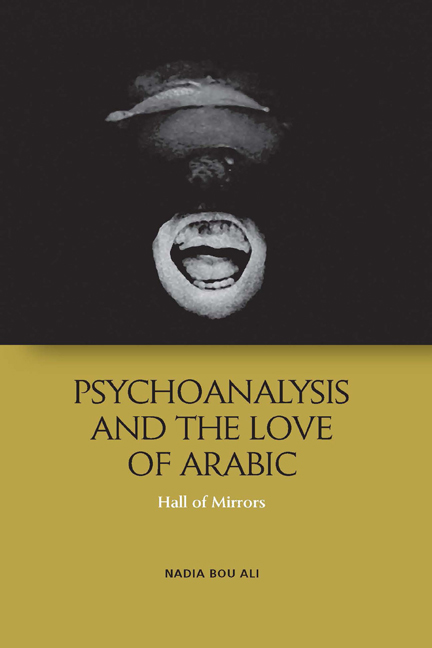Book contents
- Frontmatter
- Contents
- Acknowledgements
- Dedication
- Introduction: The Mirror of Language
- 1 Literature as a Ruthless Excavator of Culture: From the Literary Mode of Being to Lituratterre
- 2 Why is There Lalangue Rather than Nothing? Love of Lugha and Lalangue
- 3 Piercing the Bull’s Eye: The Sexual (Non-)Relation
- 4 A Liberal Psycho-theology
- Conclusion: The Abstractions of Homo Economicus: Now a Stomach, Now an Anus 161
- Notes
- Index
1 - Literature as a Ruthless Excavator of Culture: From the Literary Mode of Being to Lituratterre
Published online by Cambridge University Press: 17 September 2020
- Frontmatter
- Contents
- Acknowledgements
- Dedication
- Introduction: The Mirror of Language
- 1 Literature as a Ruthless Excavator of Culture: From the Literary Mode of Being to Lituratterre
- 2 Why is There Lalangue Rather than Nothing? Love of Lugha and Lalangue
- 3 Piercing the Bull’s Eye: The Sexual (Non-)Relation
- 4 A Liberal Psycho-theology
- Conclusion: The Abstractions of Homo Economicus: Now a Stomach, Now an Anus 161
- Notes
- Index
Summary
The term ‘literary modernity’, which has been widely used to describe modern Arabic thought, originates in Paul de Man's deconstructionist understanding of modernity as the paradoxical condition of a literary period – following Heidegger's notion of an epoch of beings – within ‘which it discovers the impossibility of being modern’. Modernity in de Man's formulation is a ‘concept that, like all concepts that are in essence temporal’ acquires a further complexity when ‘made to refer to events that are in essence linguistic’. For de Man, the way to restitute the presumed incongruous relationship between modernity and history is to affirm that the study of literature can only be historical or, more specifically, historicist (neither scientific nor structural). The reason for insisting on historicism to understand literary modernity (which is what necessitates that modernity be reduced to a literary mode of being) is that literature is an entity that constantly puts its own ontological status into question. For de Man, the literary is itself a mode of being: ‘there is a literary mode of being that as a form of language that knows itself to be mere repetition, mere fiction and allegory, forever unable to participate in the spontaneity of action or modernity’. Further, this ‘literary mode of being’ is experienced as a compulsion; as soon as a literary act is posited as a breakaway from the past into the future, the present is itself not ‘allowed to come into being’. It is as though the present is forever halted or stunted in between two successive moments in time: ‘literature is an entity that exists not as a single moment of self-denial, but as a plurality of moments that can, if one wishes, be represented, but this is a mere representation, as a succession of moments or a duration. In other words, literature can be represented as a movement and is, in essence, the fictional narration of this movement’.
The definition of literature as a ‘mode of being’ is evidently beholden to Heidegger's reworking of the categories of substance and existence in Being and Time. But for de Man, language is assumed as a substance; and history or historicality is its mode of existence, the result of a self-reflexive stance of the literary mode of being from which a ‘linguistic existence’ can be discerned.
- Type
- Chapter
- Information
- Psychoanalysis and the Love of ArabicHall of Mirrors, pp. 19 - 69Publisher: Edinburgh University PressPrint publication year: 2020



